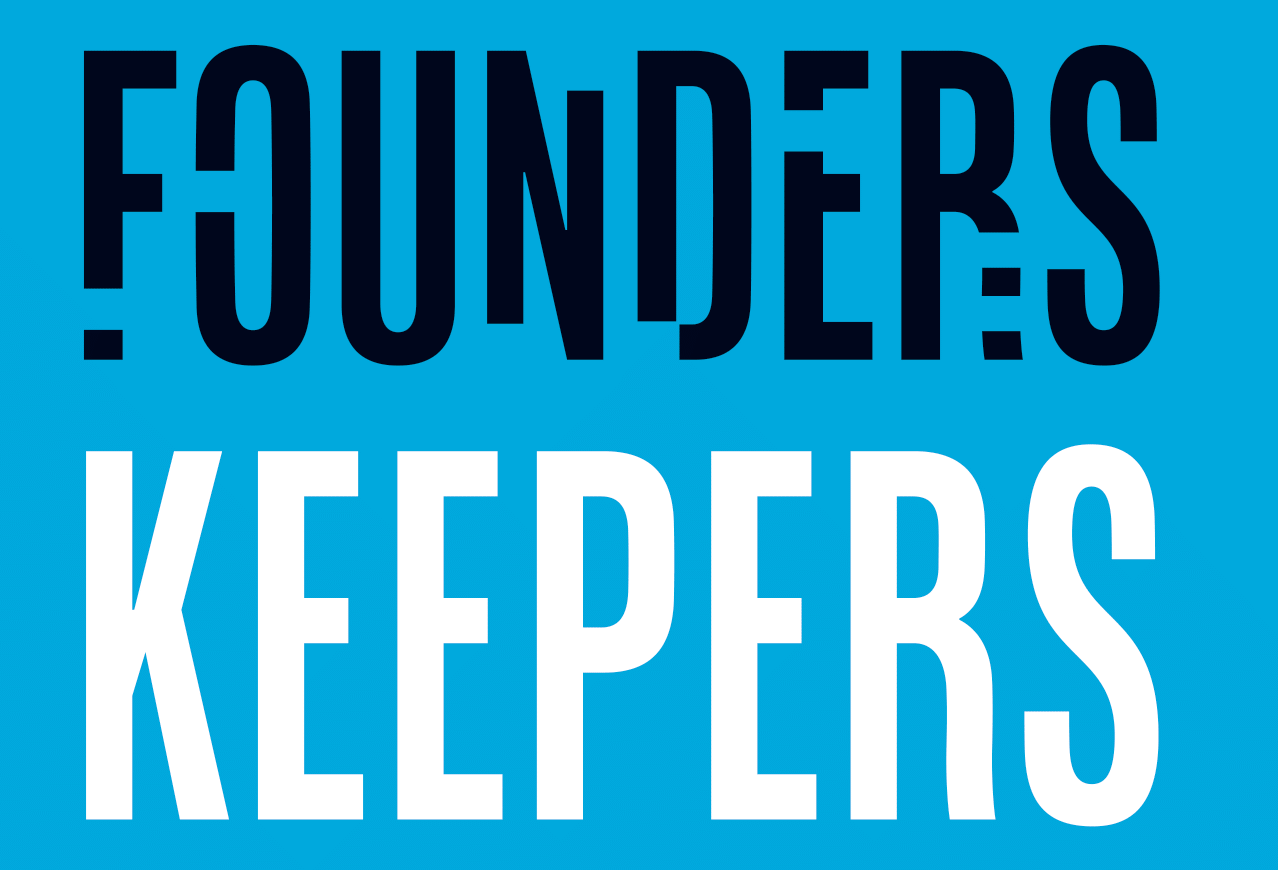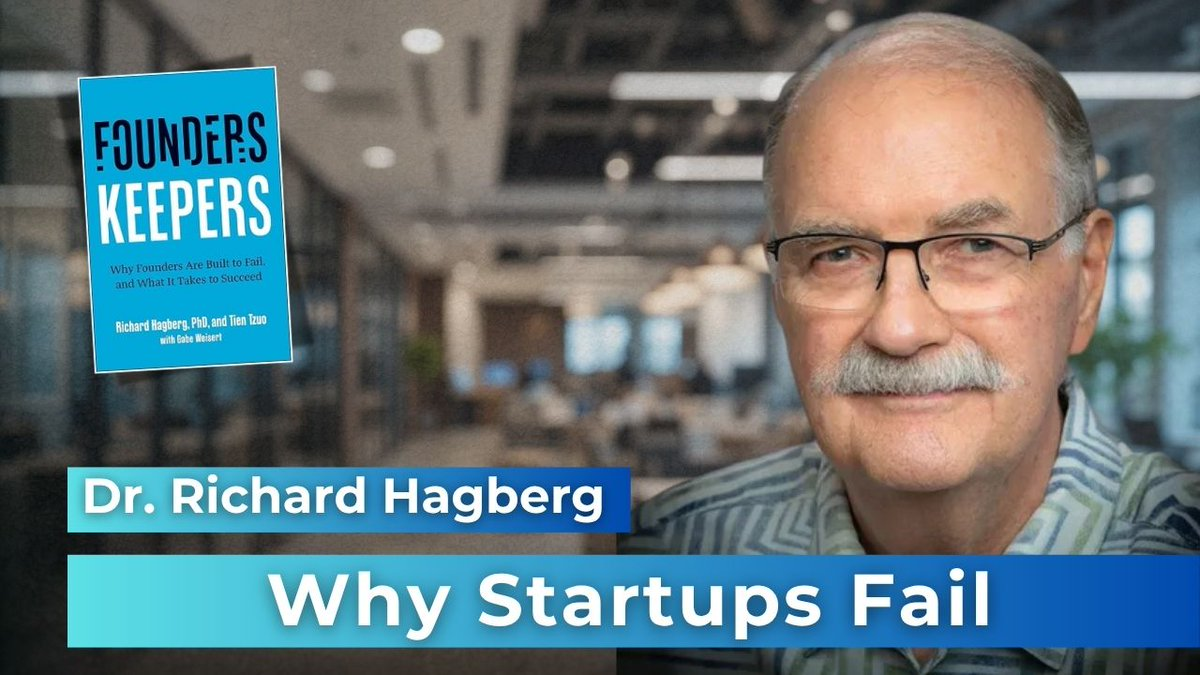Article
Why Do So Many Founders Cross Ethical Lines? A Guide for Investors

We’ve all seen the headlines: visionary founders, celebrated one day, indicted for fraud the next. Elizabeth Holmes of Theranos, Sam Bankman-Fried of FTX, Trevor Milton of Nikola—each a cautionary tale. But why does this keep happening? More importantly, how can investors and venture capitalists spot the red flags before disaster strikes?
After decades coaching startup founders and executives, and through intensive psychological profiling research in my book, Founders Keepers, it’s clear that the qualities which make founders extraordinary can also lead them into ethical peril.
Ambition Gone Rogue
Ambition is the engine of innovation, but when unchecked, it can spiral into something destructive. Elizabeth Holmes, once hailed as the next Steve Jobs, turned ambition into deception, sacrificing integrity for the illusion of success. Her willingness to misrepresent Theranos's technology eventually led to fraud convictions and a 11-year prison sentence.
Similarly, Trevor Milton fabricated demonstrations of Nikola’s hydrogen-powered trucks, deceiving investors and regulators alike. Ambition that isn’t tempered by reality becomes toxic, pushing founders to prioritize appearances over substance.
Narcissism and the Cult of Personality
A striking number of fraudulent founders exhibit narcissistic traits. Narcissistic Personality Disorder (NPD) is disturbingly common among indicted entrepreneurs like Holmes, Adam Neumann, and Billy McFarland. These individuals have inflated self-worth, entitlement, and a troubling lack of empathy—traits that enable them to manipulate investors, employees, and markets.
Adam Neumann’s charismatic leadership at WeWork masked a self-serving agenda. He leased his own properties to WeWork and indulged in extravagances funded by investor capital. His eventual downfall underscores a critical point: charisma and confidence, unchecked by accountability, can devastate companies.
Pressure, Risk, and Rationalization
Founders operate in pressure cookers. Investor demands, market competition, and internal expectations can distort ethical boundaries. Under such strain, founders rationalize questionable decisions—initially minor, then increasingly severe.
Sam Bankman-Fried’s FTX saga exemplifies this slippery slope. Praised for his effective altruism, he secretly diverted customer funds into his own hedge fund, creating one of history’s largest financial implosions. Under extreme pressure to perform, ethical lines blurred into oblivion.
The Dark Triad and Founder Psychology
Research identifies a psychological pattern—the Dark Triad: narcissism, Machiavellianism, and psychopathy. Founders exhibiting these traits manipulate, charm, and dominate others effortlessly. Their moral compasses malfunction, viewing ethics as mere obstacles.
Martin Shkreli of Turing Pharmaceuticals raised drug prices mercilessly, justified as smart business. He ultimately faced securities fraud charges. This combination of manipulative charm, moral disengagement, and ruthless pragmatism frequently ends in corporate ruin.
Red Flags Investors Can’t Ignore
VCs and investors must vigilantly recognize signals of potential ethical crises:
- Accountability Gaps: Founders who deflect blame, resist feedback, or evade responsibility when faced with failures.
- Deceptive Fluency: Founders who remain intentionally vague, changing narratives to fit different audiences, lack transparency, and dodge specifics.
- Weak Governance: Companies lacking robust financial controls, passive boards, or weak compliance protocols enable founder misconduct.
- Excessive Charm: Overly charismatic leaders who evade scrutiny, foster cult-like devotion, and dismiss ethical concerns as trivial.
Case Study: When Good Intentions Go Bad
Consider Charlie Javice the Frank founder. Desperate to sell her startup, she fabricated millions of fake users, deceiving JPMorgan into a $175 million acquisition. Ambition, pressure, and opportunity collided disastrously, underscoring that even well-intentioned founders can fall if ethical vigilance wanes.
Prevention through Awareness and Systems
To mitigate these risks, investors must foster cultures of accountability. This means:
- Rigorous Due Diligence: Deep vetting of founder histories, not just their pitch decks.
- Transparent Governance: Enforcing independent oversight, clear reporting, and stringent ethical guidelines.
- Balanced Teams: Encouraging founders to build leadership teams empowered to challenge decisions.
Healthy skepticism, combined with robust systems, creates a strong firewall against unethical behavior.
Redemption and Self-Awareness
Not all troubled founders are irredeemable. Many need interventions—coaching, accountability partners, and structured feedback—to prevent ethical slippage. Self-awareness is key. Founders who reflect on their blind spots and acknowledge limitations have a far better prognosis.
Investing Wisely Means Looking Deeper
The stark truth for investors is this: brilliance without integrity is dangerous. Investing isn't merely betting on ideas; it's assessing character. The cost of ignoring red flags is staggering, not just financially, but reputationally and ethically.
Ask yourself one simple question when evaluating founders: If they weren't successful, would their behaviors still seem acceptable? The answer reveals everything.
The line between visionary and fraudster is thin. Vigilance, skepticism, and structured accountability are critical tools in protecting your investments—and ensuring the next headline isn't about your portfolio.
Dr. Rich Hagberg is the author of Founders Keepers: Why Founders Are Built to Fail and What It Takes to Succeed, and a consulting psychologist who has coached hundreds of startup founders and their teams and thousands of executives over more than 40 years in Silicon Valley.
INVESTOR ALERT: If you are an investor, contact us for the Founders Red Flag Checklist.
share this
Related Articles
Related Articles

STAY UP TO DATE
GET PATH'S LATEST
Receive bi-weekly updates from the church, and get a heads up on upcoming events.
Contact Us










